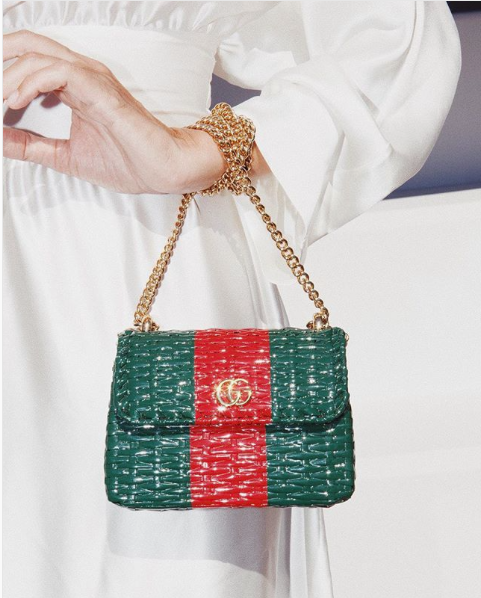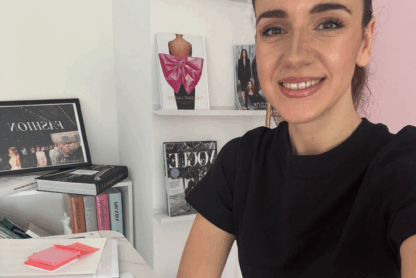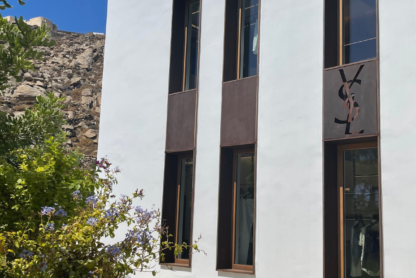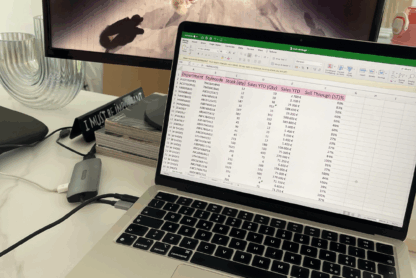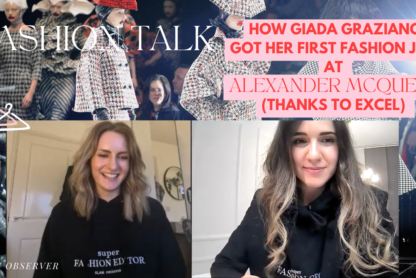The fashion industry is huge. Although the most famous and known careers are few, there are many roles in this industry.
The most common mistake made by young girls is to believe that they must study fashion to work in this industry. Of course, fashion schools have their charm and it is totally right to attend a fashion course if you want to learn a specific subject in the industry and get to know people in fashion.
BUT you need to know that attending a fashion school is not the only way to get into the fashion industry, because even those with a degree in economics, law, languages or engineering can be part of this sector and there are different ways to create connections in fashion at the beginning of your career.
Here are the various careers in fashion and the most appropriate degrees for each:
PR
For careers in PR and communication, communication is key, so you need to be excellent at writing effective press releases and establish great relations with people. A degree in literature, languages, communication or journalism is perfect for embarking on this career
Design
There are exceptions, such as Virgil Abloh who has become LV’s creative director without ever having studied design or fashion, but most of the designers usually come from a fashion school because it is the only way to learn the technique and the various skills and also because fashion schools often offer students the opportunity to present their collections thanks to their support.
Merchandising / Buyer / Marketing / Product or Project Manager
Here a number-related degree is undoubtedly preferred. A degree in economics, business or management is perfect for a career as a buyer, merchandiser in marketing or as a product manager because the numbers and Excel will be your daily bread.
Fashion Editor
As you can learn from the interviews with Cait from Refinery29 and Serena from Vogue Italia, neither of them has studied fashion, yet they work for the most influential media industries in fashion. A degree in journalism, political science, literature, art, history and communication will be more than good.
E-commerce
Careers in e-commerce are increasingly on the rise and there are different roles in this area. For more technical roles such as SEO, Web design or graphic design, an IT degree is more suitable, while for positions such as visual merchandiser or e-commerce specialist, a degree in economics is fine
Stylist
The stylist is another creative figure of the fashion industry, which explains why most of them have attended a general fashion course, visual design or specific styling courses.
The practice is fundamental to this role, so even if you have not attended a fashion school, do not get discouraged but start asking some stylists to assist/support them (even for free at the beginning) to begin building your portfolio and understand how this job works.
Fashion photographer
Even here it is not necessary to attend a specific course, because what matters is the practice. If you want to specialize in fashion photography, start asking some fashion photographers to help them on set (here too, offer your help for free at the beginning), so you can begin entering the industry and add experience to your resume. It is essential to build your portfolio to show to your clients, so start practicing photographing asking some models or friends if you could take some photos to use for your portfolio.
These are not fixed rules and there are exceptions, you could find someone with a degree in literature who works in marketing and an economics graduate who works in PR. However, if you have to start your studies and already have a career path in mind, it is good to keep in mind that for careers related to the numbers like Marketing, Product Manager, Merchandising, Buyer economic degrees are better and it will, therefore, be easier to get a job.
Go on LinkedIn and analyze the profiles of people who now have the job of your dreams: what they studied and what was the first job experience? Your studies are crucial especially for your first job. Once you are inside it will be easier to move from a role to another if it means moving from PR to product manager without an economics degree.




